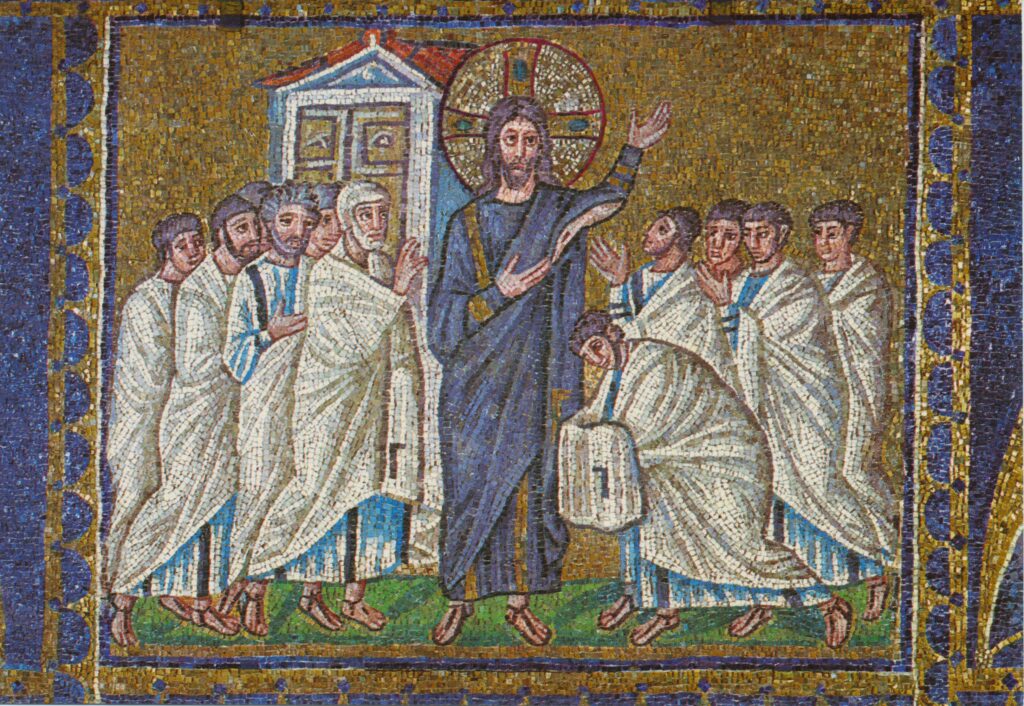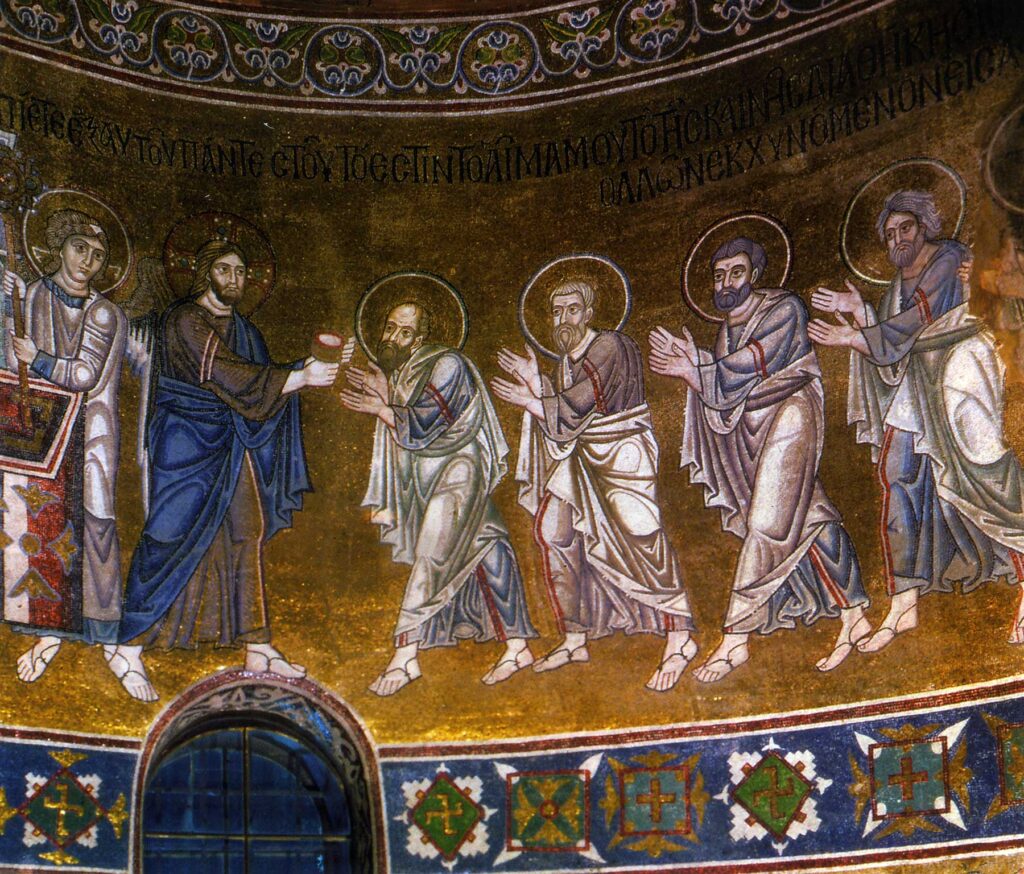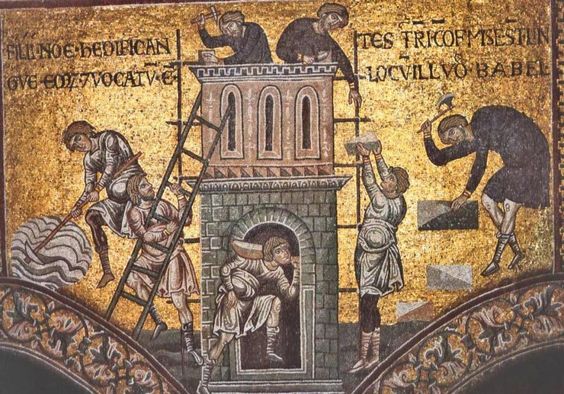
Christ died for our sins… was buried and raised on the third day according to the Scriptures and appeared to Cephas, then to the twelve; and then he appeared at one time to more than five hundred brothers and sisters… then he appeared to James, indeed to all the apostles; and last of all he appeared to me…. (1 Cor. 15:3-8)
St. Paul quotes a brief statement of belief–a creed–which underscores that Christ died, was buried, and rose from the dead. To underscore the reality of the Resurrection, the apostle reminds the Corinthians of the people who saw Christ after the Resurrection.
We would have no idea of these people who had seen Christ after the Resurrection if St. Paul had not mentioned them here; none of these appearances are mentioned in the Gospels or other New Testament texts except the appearances to “the twelve” and St. Paul’s description of his encounter with the risen Christ on the road to Damascus. We have no record of a private appearance to Peter, who is referred to by his Aramaic nickname, Cephas. We have no record of a private appearance to the Apostle James. We have no record of a crowd of 500 people seeing the risen Christ. But we take the word of St. Paul that all these appearances happened.
Christian folktales developed as people told these stories and filled in some of the details. Most of these details simply underscore what we already know from the gospels: Peter is charged with looking after the other apostles, James is charged to look after the Jerusalem community, the 500–perhaps in Galilee, gathered by the apostles after the women at the tomb were told to send the apostles back to the countryside where Christ would meet them–were witnesses as the crowds who heard the Sermon on the Mount or were fed by the five loaves and two fish.
There are other stories of Christ meeting people after his Resurrection. Although there is no written record of these meetings in the New Testament, there is no reason to doubt that these meetings occurred; these meetings are just as likely as the meetings we would be unaware of if they had not been mentioned by St. Paul.
One of these other meetings that was not recorded in writing was said to have been when Christ met his Most Pure Mother on the morning of the Resurrection. Christ is said to have reassured his mother that it was truly him, not a phantasm or ghost. He also underscored the importance of St. Peter in the community.
Many of these appearances of Christ after the Resurrection–including those we know about in the New Testament, especially to St. Mary Magdalen and the other Myrhhbearing Women–became important to the Church as various people claimed to be apostles and began preaching messages that did not agree with what the core community believed. Fundamental to understanding who was an apostle was the question: Did this person meet Jesus after the Resurrection? Without such a meeting, the person’s claim to apostleship was unlikely to be recognized.
Read more about the importance of these post-Resurrection appearances in determining whether someone was an apostle or not here.


